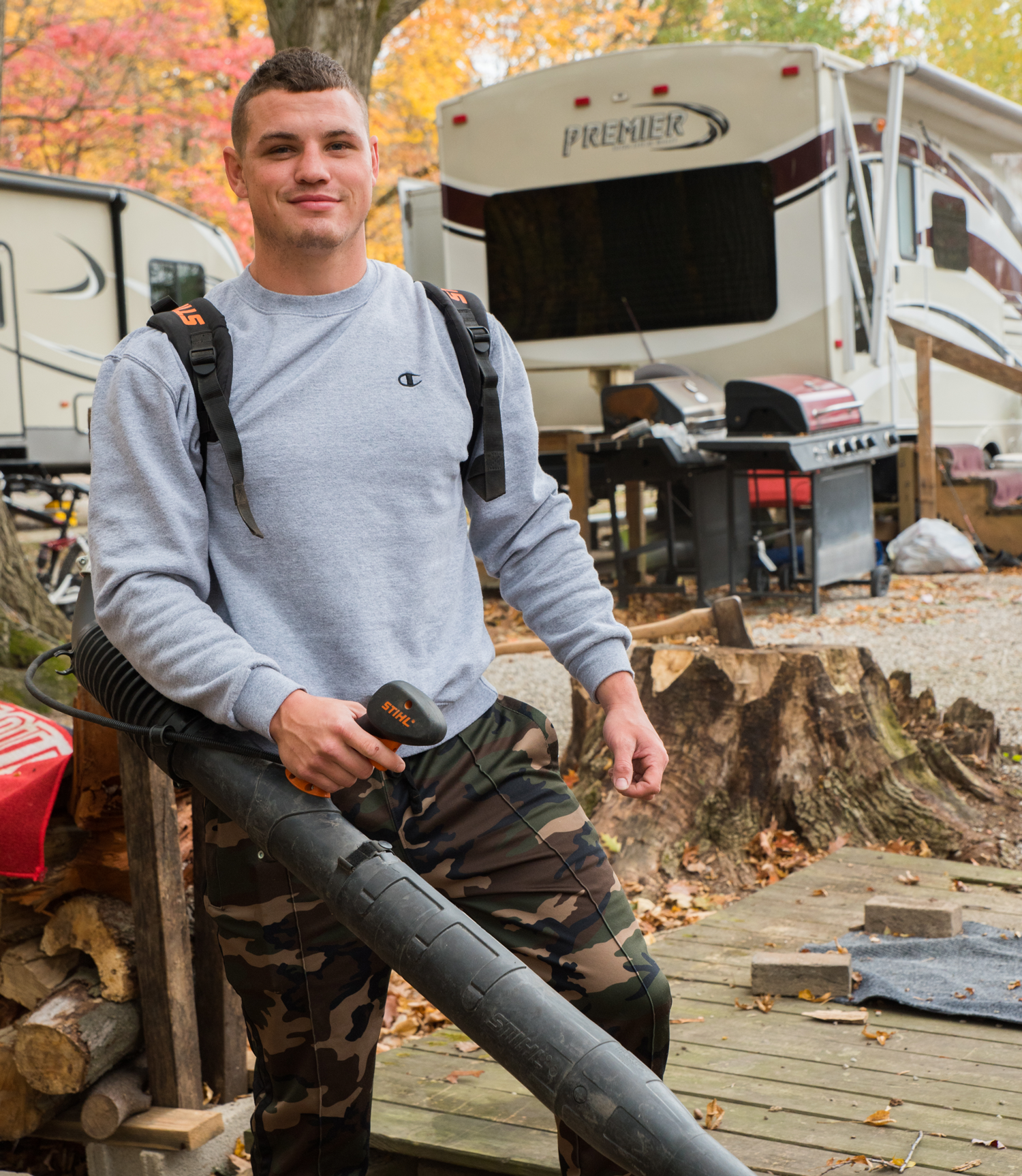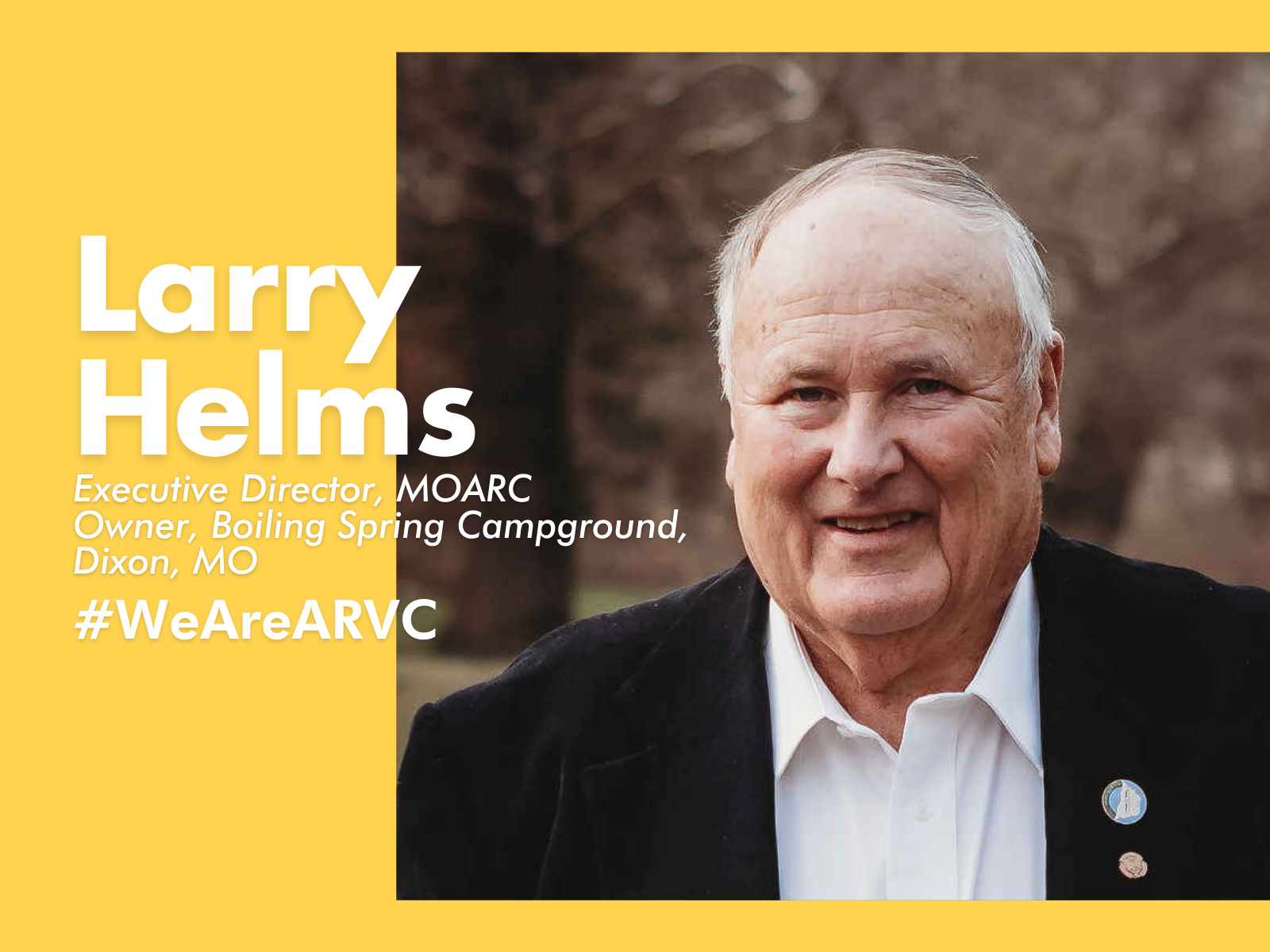There’s no question that 2021 has brought a combination of highs and lows for campground owners. As Barb Krumm, director of marketing & public relations for ARVC member-park Ocean Lakes Family Campground in Myrtle Beach, S.C. says, “Business is great—and like all businesses—staffing and supply chain issues are the biggest challenges.”
A recent NY Times story addressing the nationwide labor shortage offered a few suggestions for attracting workers.
The first one is to look for ways to make the job better, whether it’s by improving wages, benefits, training and/or safety. Also, ensure that every supervisor treats employees with respect and determine whether there are any supervisors who are consistently experiencing higher turnover in their unit.
Secondly, describe the measures you’re taking to promote public health, a step that can help reassure candidates that you operate a safe workplace.
The third suggestion is to be transparent about what the job entails. While some managers intentionally make the job description vague so they can then tailor the opening to meet the candidate’s experience, a vague job description might deter qualified candidates who can’t determine whether the job might be a good fit and it may encourage non-qualified applicants to apply which would then be a waste of time.
Jon Burek, executive vice president of Leisure Systems, Inc., the franchisor of Jellystone Park Camp-Resorts, described how his company addressed this year’s labor shortages.
“Our advance reservation data was very high back in January so we knew this was going to be a big year but we didn’t realize that revenues were going to be up more than 50 percent compared to 2020 (and 2020 was the highest revenue year in the company’s history),” he says.
“With the expected increased demand, we recommended that our franchisees start the interviewing and hiring process earlier than ever this year. As the labor market is very competitive, we’ve advised our franchisees to increase their wages, be as flexible as possible in terms of scheduling and get creative in terms of attracting new applicants and retaining the staff they currently have. Some incentive options include providing bonuses in terms of a flat dollar amount or a retroactive raise of X cents per hour for every hour worked during the summer if staff remain with the park through a certain date, providing discounted or free meals to staff during work shifts and simply promoting the fun aspects of working at a Jellystone Park location (playing games with kids, hanging out with Yogi Bear, etc.). While many of our locations are still actively hiring to fill staff openings, they’ve been able to adapt in order to continue delivering the Jellystone Park experience to our guests.”
To help ARVC member-parks address employee recruitment and retention challenges in this competitive market, ARVC is will soon debut a new career center which will allow members to post jobs to a number of leading job search sites with ease and allow those looking for new positions to post resumes and find jobs. As a companion, ARVC has done a case study focusing on “Where to Look for Great Employees and How to Keep Them,” which will be available in the ARVC Resource Database this October. Be on the lookout for these resources to help your RV park, campground or glamping business find a great crop of employees in 2022.
If your park is encountering product shortages resulting from supply chain issues, you’re probably already communicating with your suppliers to get regular updates as well researching backup suppliers to use if necessary. But when items are in short supply, be sure to also be upfront with your guests so they’ll know you’re aware of the situation. This will give you an opportunity to address any concerns they have and explain how you’re addressing the shortages.
“While we have also faced supply chain issues like everyone else,” Burek says, “our parks have adapted well by modifying food service menus and sourcing products in other ways to continue delivering service to our guests.”






Leave A Comment